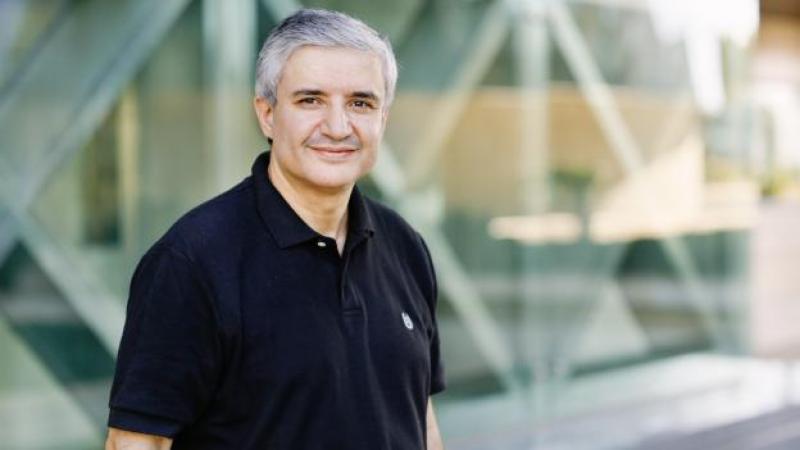I chose KAUST because of its reputation for excellence in research and its recent emphasis on applied research. With my extensive background in both academic research and industrial development, I am excited to contribute my experience and ambition. My goal is to foster new ideas and develop innovative prototypes in the field of wireless communications, which will undoubtedly enhance people's lives.
Website
Hussein Al-Shatri is a research scientist in the Electrical Engineering Program within the Computer, Electrical, and Mathematical Science and Engineering (CEMSE) Division at King Abdullah University of Science and Technology (KAUST). He works in the Communication Theory Laboratory (CTL) under the guidance of Professor Mohamed-Slim Alouini.
Education and Early Career
Hussein spent six years as a senior cellular systems engineer at Apple, where he specialized in modeling RF transceivers for cellular modems, focusing on RF impairments and their impact on cellular modem performance. In 2014, Hussein earned his PhD in Communications Engineering from Universität Rostock in Germany. He then worked as a postdoctoral researcher at Technische Universität Darmstadt, Germany, from 2014 to 2018. With nine years of research experience in Wireless Communications, Hussein has published over 50 top-tier papers and has extensive knowledge of MIMO, Massive MIMO, and mmWave technologies. Hussein has made significant contributions to the physical layer of wireless communication systems, with expertise in RF, signal processing, system modeling, optimization, and algorithm development. His work includes developing (sub)optimal algorithms for MIMO-OFDM systems and solving complex beamforming problems using novel signal processing and machine learning techniques.
Research Interest
Hussein is currently focused on developing innovative, cost-effective, and realistic solutions to provide broadband communications to rural and remote areas. His research includes exploring the potential of exploiting Non-Terrestrial Networks (NTN) and unlicensed bands. Within this context, he addresses new challenges in beamforming, interference management, channel access, and end-to-end system design. Hussein's work spans from theoretical foundations to practical prototyping.
Education Profile
- Doctor of Philosophy (Ph.D.) in Communications Engineering, Universität Rostock, Germany, April 2014
- Master of Science (M.Sc.) in Communications Engineering, Communications Systems, Technische Universität München, Germany, Sep 2008
- Bachelor of Science (B.Sc.) in Electronic and Communications Engineering, Hadhramout University, Yemen, July 2003
Early Career
- Dec 2019-June 2024: Senior System Engineer in RF System Engineering and Architecture, Apple, Austria
- Nov 2018-Nov 2019: RF System Engineer in Intel Mobile Communications, Intel, Austria
- Aug 2014-Oct 2018 : Postdoctoral fellow in the Communications Engineering Laboratory, Technische Universität Darmstadt, Germany
- Feb 2009-March 2014: Research assistant at the Institute of Communications Engineering, Universität Rostock, Germany
- July 2007-Sep 2007: Internship in Nokia Siemens Networks, Germany
- Oct 2003-June 2006: Assistant Lecturer in Hadhramout University of Science and Technology, Yemen
Honors & Awards
- July 2015: Awarded the Joachim-Jungius-Förderpreis for exceptional contributions to the Ph.D. dissertation, particularly due to interdisciplinary research and the significance of the results.
- July 2006: Recipient of a scholarship from the German Academic Exchange Service (DAAD) for master studies in Germany, awarded for academic excellence and potential for future leadership.
- Nov 2003: Recognized by the country president for achieving top academic performance in B.Sc. in Electronic and Communications Engineering.
